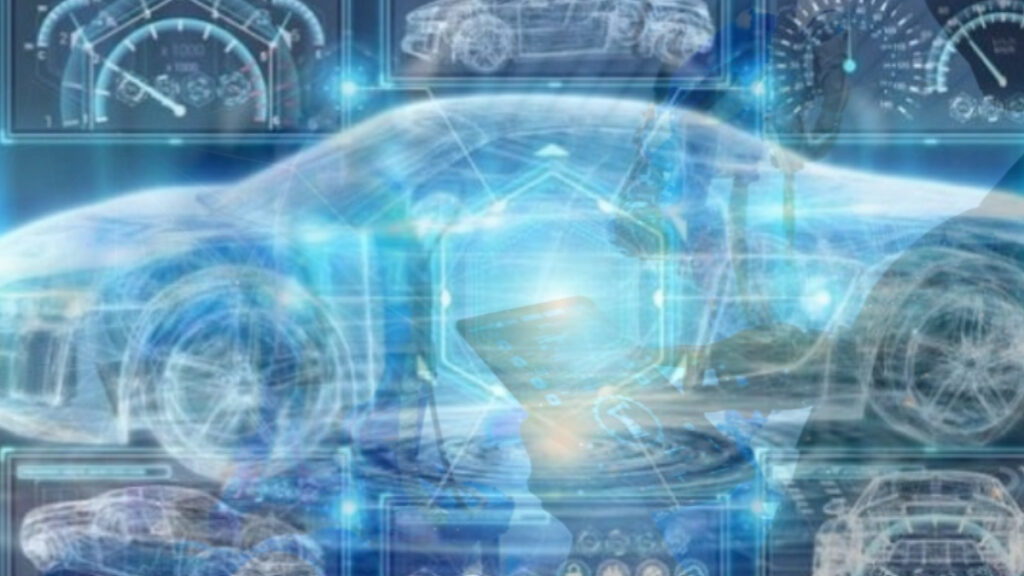Biswajit Bhattacharya, Partner and Executive Director, Automotive Industry Leader, GBS, IBM, India SA, boasts over 30 years of industry experience. In his various leadership roles across multiple countries, he’s been a driving force in IBM’s Industry Academy, contributing globally. Passionate about fostering agile enterprises for continuous innovation, he focuses on making products smarter and enhancing customer experiences. A sought-after speaker, he actively engages in thought leadership series workshops and serves on sub-committees for nationwide initiatives with industry bodies like CII and AMCHAM.
Talking to The Interview World at SEEDS 2023, organized by Jaipuria Institute of Management and Middlesex University, Dubai, Biswajit underscores the impact of Industry 5.0 technologies on the automotive sector. Here are the excerpts from the interaction.
Q: How will the Industry 5.0 technologies revolutionize the automotive sector?
A: From the Indian perspective, the automotive sector is undergoing significant transformations. Furthermore, it’s transitioning from its traditional identity as a manufacturing-centric industry to one that resembles a retail-focused entity. This shift is marked by a heightened emphasis on customer-centricity, evident in various observed changes.
One notable change is the advent of mass customization. Digital technologies have enabled automotive companies to tailor their offerings to individual customer preferences. The integration of digital platforms, such as digital dealerships and connected vehicles, has become crucial for purchase and usage. This transformation reflects a broader trend towards greater customer engagement and personalized experiences.
The automotive industry faced substantial challenges during the COVID-19 pandemic, particularly in terms of disruptions to the supply chain. While the impact persisted for some time, governmental responses focused on policy initiatives concerning semiconductors. However, this highlighted the need for companies to fortify their systems against future disruptions. Consequently, organizations are increasingly adopting digital solutions, such as control towers, to enhance resilience and improve market predictability, fostering both adaptability and agility.
Q: Which sustainable initiatives are currently taking place in the automotive sector?
A: A critical consideration in this evolving landscape is the industry’s environmental impact. With the automotive sector being a significant contributor to pollution, changes are inevitable. In response, there is a noticeable shift towards electric vehicles (EVs) and hydrogen-powered cars. This transition not only addresses environmental concerns but also necessitates a re-evaluation of the traditional operating model. Moreover, the replacement of conventional engines with alternative power sources poses a substantial challenge that companies are actively addressing.
Broadly, the ongoing transformation in the Indian automotive sector revolves around customer-centric strategies, the adoption of digital solutions for resilience and agility, and a commitment to sustainable practices. This multifaceted approach can reshape the industry’s dynamics and pave the way for a more adaptable and environmentally conscious future.
Q: What innovations has IBM undertaken for the automotive industry?
A: We are actively engaged in multiple facets of the automotive industry, collectively referred to as CASE (connected, autonomous, shared, and electric) mobility. To initiate this transformation, there is a crucial need for conversion in the way vehicles operate. Currently, the conventional model features 30 to 40 distinct electronic control units (ECUs) that function independently within our vehicles, resulting in inefficiencies.
As part of our ongoing initiatives, a pivotal shift is underway – the evolution towards the software-defined vehicle. This revolutionary change envisions a vehicle as a tangible product steered by a singular software, consolidating computing power for enhanced efficiency. This marks a significant departure from the current landscape.
Simultaneously, we are actively engaged in the realm of generative AI, a transformative force not only within the automotive industry but across various sectors. The continuous evolution of generative AI is reshaping the industry landscape, ushering in changes at an unprecedented pace. Our commitment lies in navigating and contributing to these dynamic shifts as they unfold. We reinforce our position at the forefront of innovation in the automotive sector and beyond.
Q: What is your vision for the emerging technologies landscape a decade from now?
A: In the upcoming years, the core elements driving technological advancements will undoubtedly be Generative AI and IoT. The role of IoT will primarily revolve around data capture, while Generative AI will take center stage in processing and deriving valuable insights from that data. Additionally, two emerging areas set to fast-track progress are quantum computing, where significant efforts are being invested, and 6G technology, particularly noteworthy from the Indian perspective.
The focus on quantum computing stems from its potential to revolutionize computational capabilities. Simultaneously, the pursuit of advancements in 6G reflects the growing need for enhanced communication infrastructure. These areas collectively represent the forefront of technological innovation, poised to shape the landscape over the next five years. Considering the pace of technological evolution, it’s important to note that a decade is a substantial timeframe. As we peer into the future, we anticipate witnessing even more transformative changes, making the next ten years a period of significant evolution in various technological domains.



